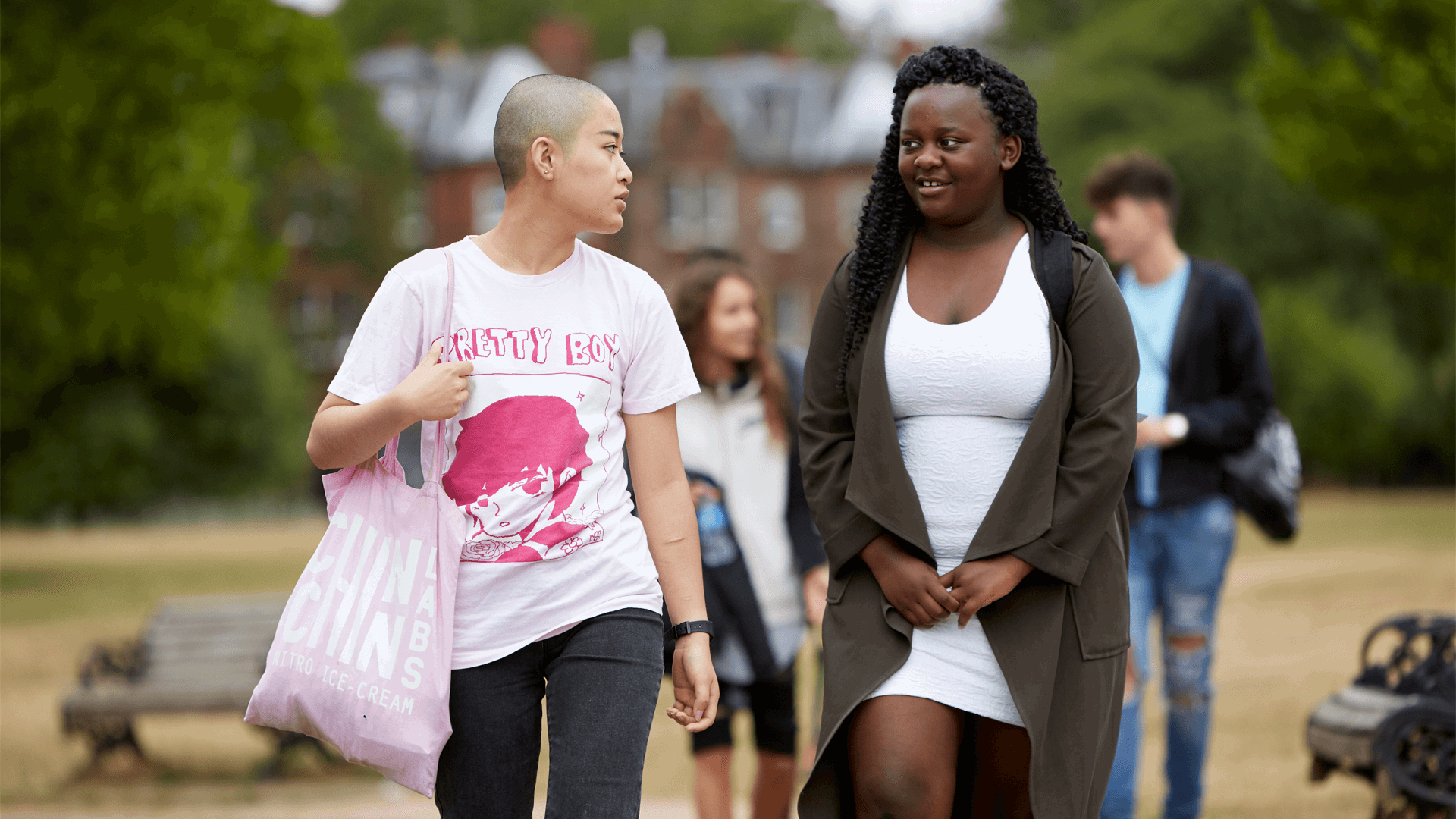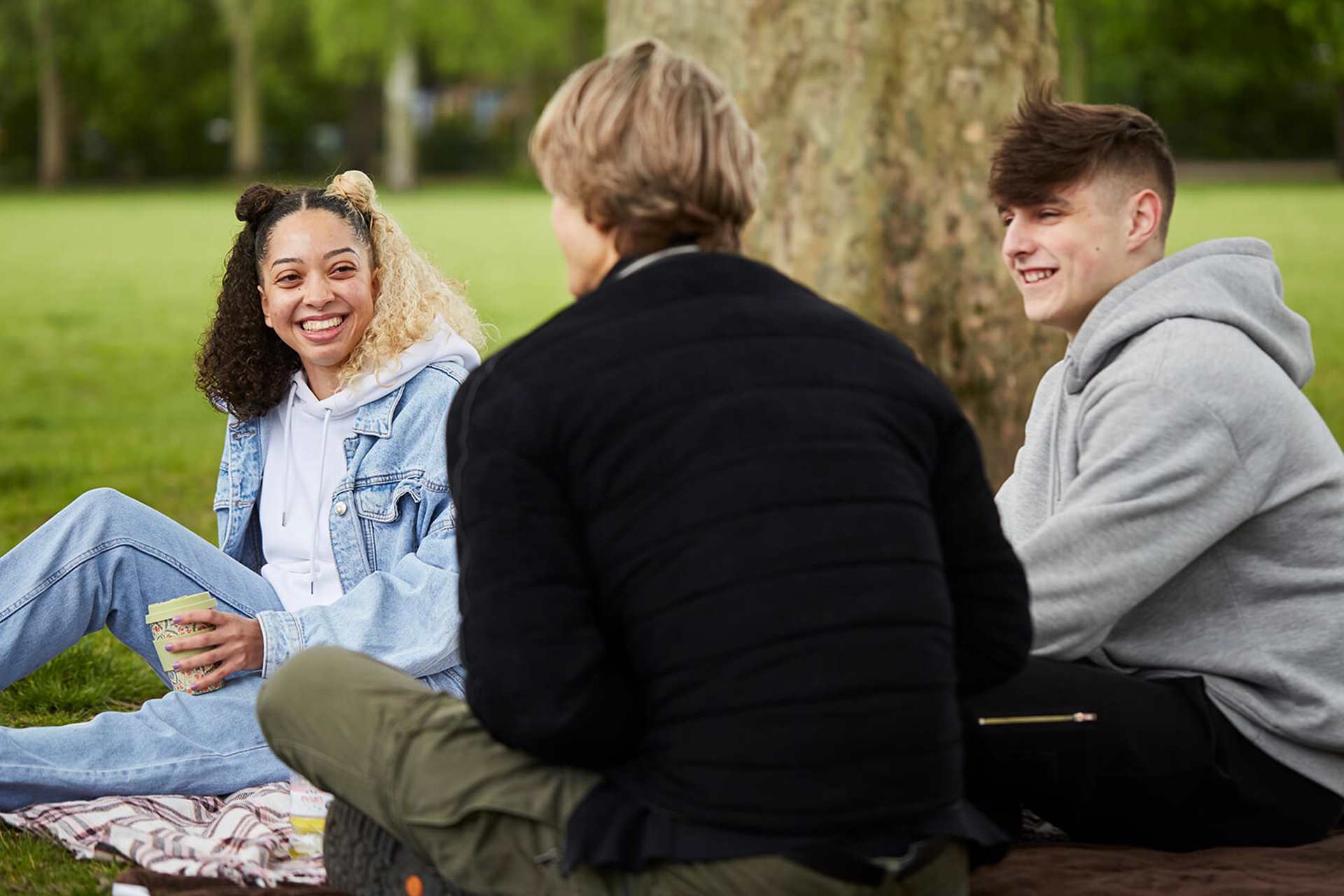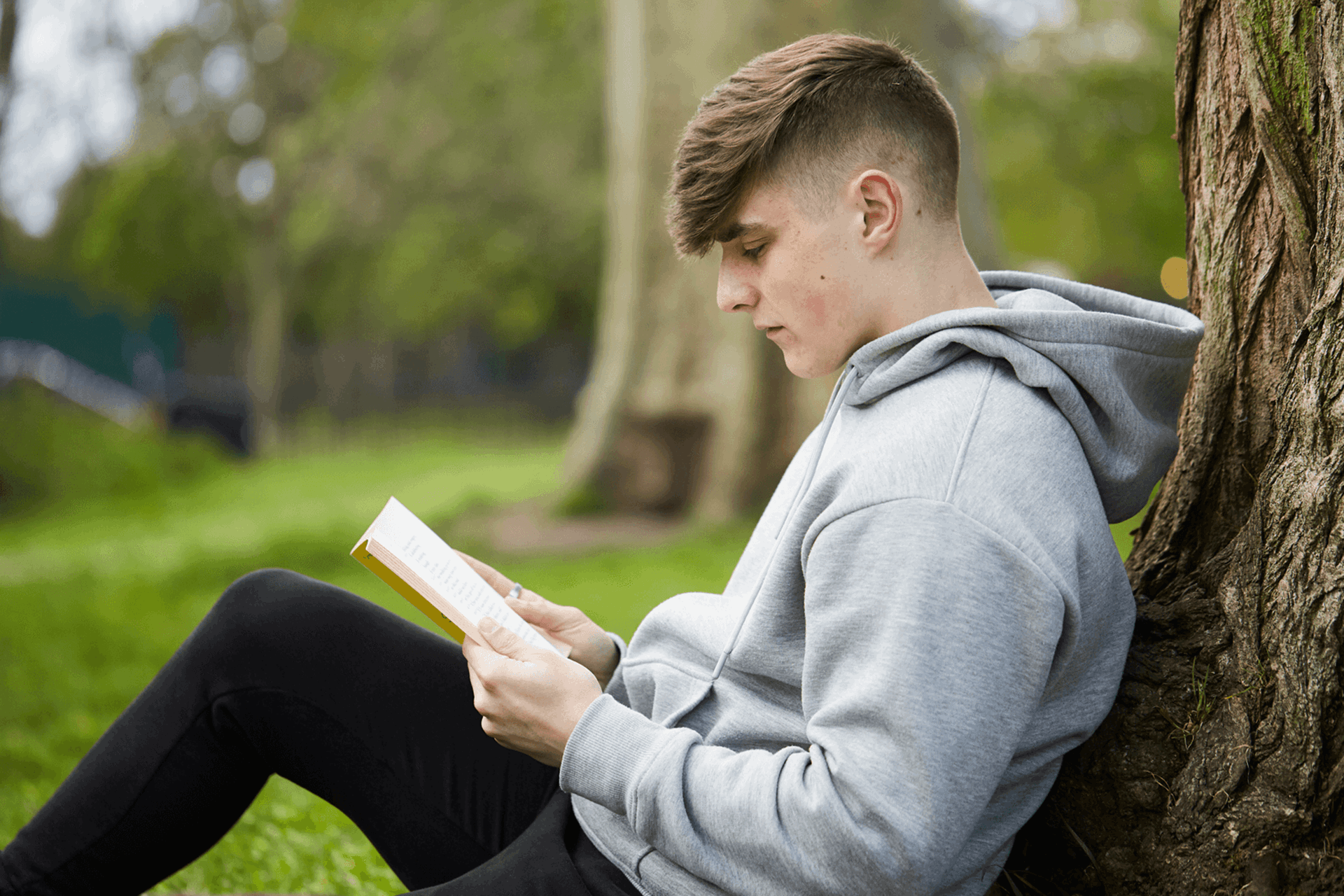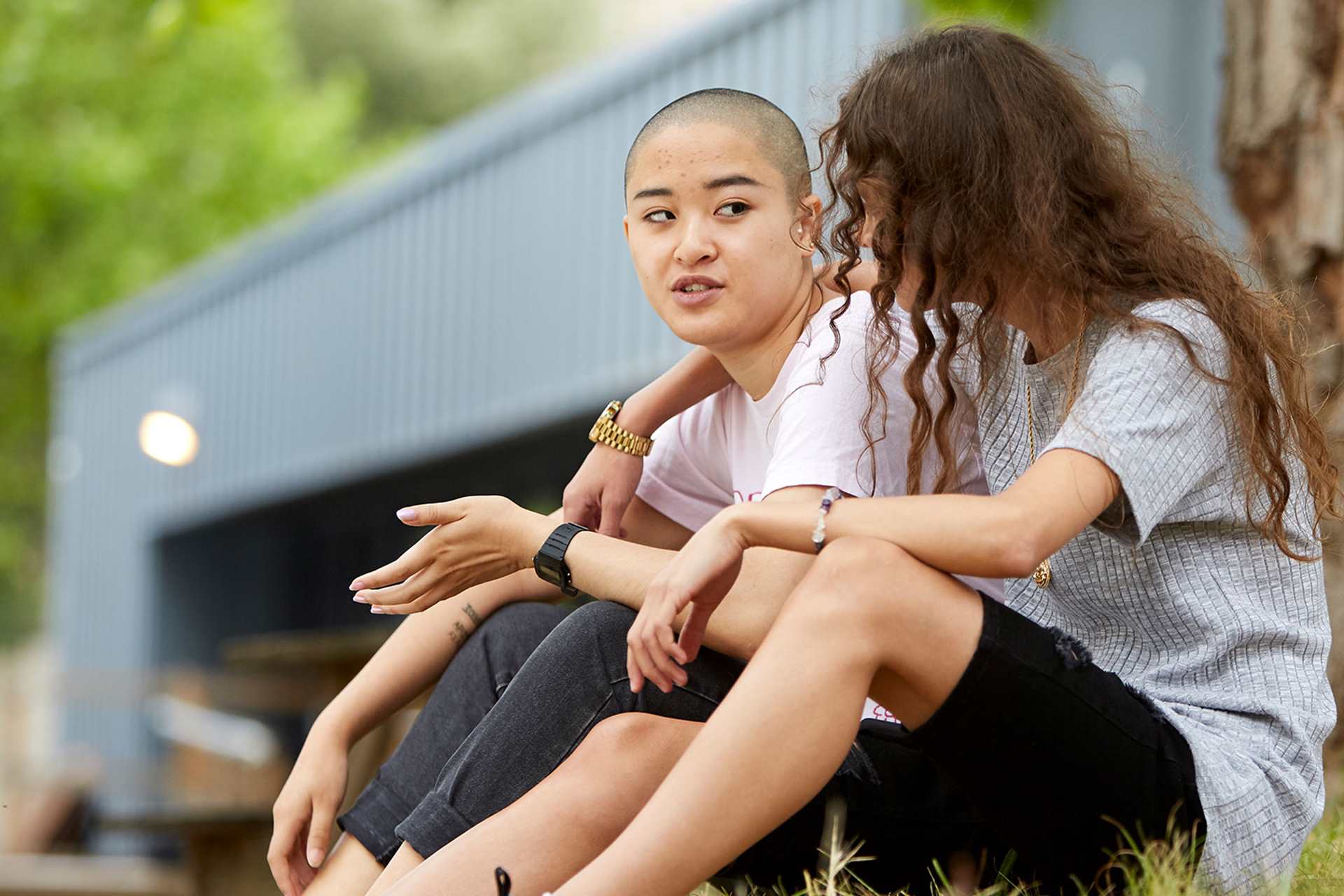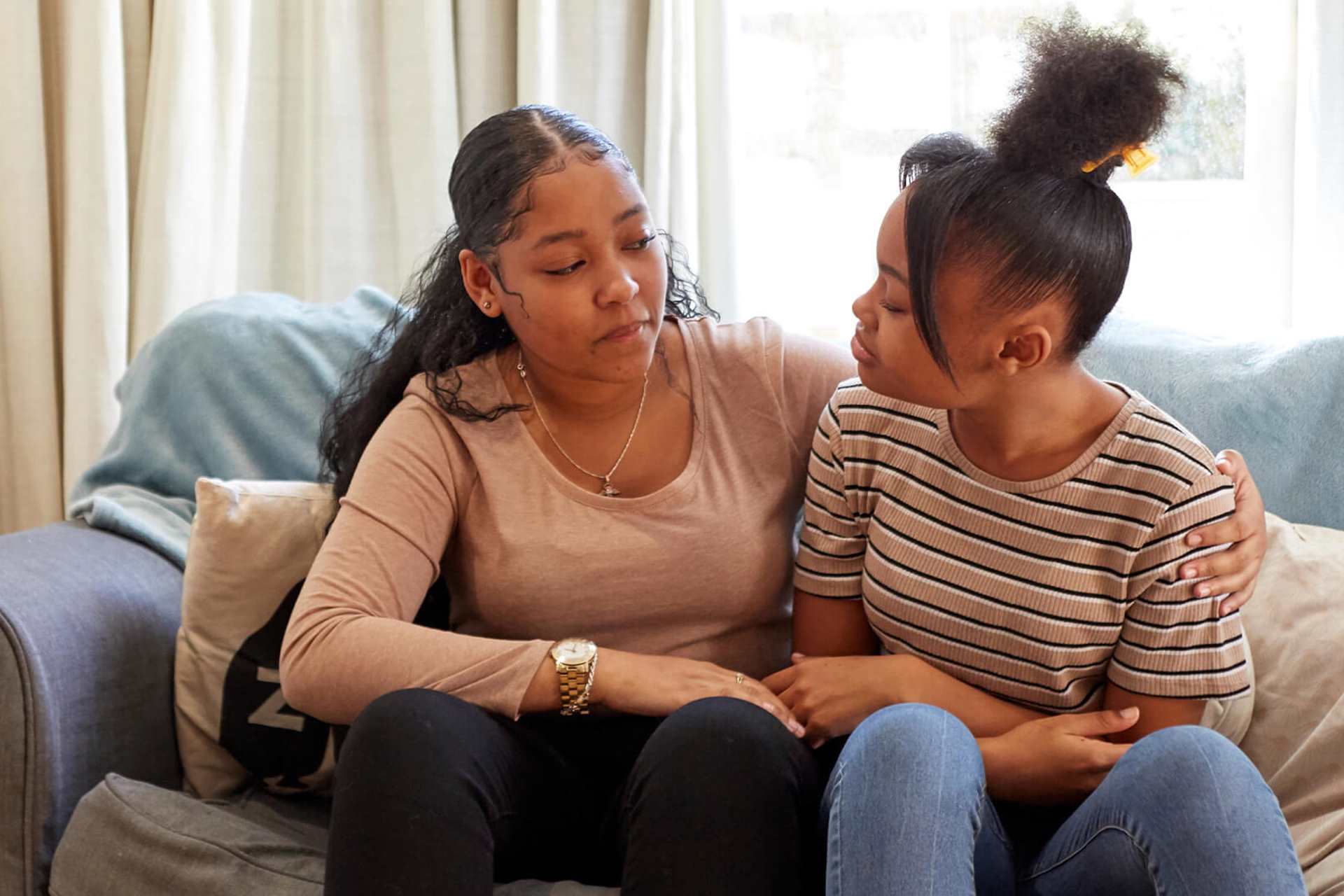Topics mentioned: autism and mental health, friends, alone and misunderstood, disability and mental health
About: Hannah, 22, writes a letter to her younger self when she was diagnosed with autism, struggling with friendship, and shares her self-care tips.
You are confused, the world seems scary, and it feels like everyone else fits in and you don’t.
Dear my younger self,
‘Why am I so weird?’
I know this is a question which constantly swirls around your brain. You are confused, the world seems scary, and it feels like everyone else fits in and you don’t. As if they all have the rule book to life which you forgot to pick up.
Right now, fitting in seems so, so important. But understanding friendships seems impossible and people are just really hard work! Growing up is hard. I know people say this a lot, but it really is true.
I know it feels like nobody gets you - you feel like an outsider looking in. You feel like an alien, born onto the wrong planet and in some ways, I guess you are. But actually, being different isn’t a bad thing.
Although you are so much more than a label, that label does provide you with an explanation.
All those people who make you feel rubbish, the clones who all act the same, you wouldn’t want to be them. You are autistic. You are you and you are unique.
Although you are so much more than a label, that label does provide you with an explanation. Not an excuse or a magic wand, but an understanding of why life has been so hard for you.
Being a teenager is hard enough without adding a social communication disorder. A condition which is stereotypically thought of as a young boy’s problem. Autism presents differently in every single autistic person - when you’ve met one autistic person, you’ve only met one autistic person.
Accept yourself for everything that makes you, you.
When you are told you are autistic, you won’t believe them. It can’t be. Your own misconceptions and lack of education on neurodiversity will mean you are adamant it isn’t that. But trust the process.
Once you start researching, you’ll see that there is a whole world out there. A whole community of people who also struggle the way you do. It will continue to be tricky; nothing changes overnight. However, self-acceptance is key. Accept yourself for everything that makes you, you. The good, the bad and the ugly.
You are loud, stubborn and strong-minded. You are hilarious, creative and have a very strong sense of justice. You are intelligent and kind but can also be stroppy and mean. You are you and that is enough. Be kind to yourself.
Love from, your older self x
Self-love means knowing your limits. Setting boundaries for yourself and sticking to them.
My self-care tips for autism and friendship
Being diagnosed with autism doesn’t mean you suddenly have lots of friends, can navigate a social gathering and enjoy large crowds of people shouting. The anxiety doesn’t disappear and life is still just as hard. But now that you understand why, maybe you can be a little kinder to yourself?
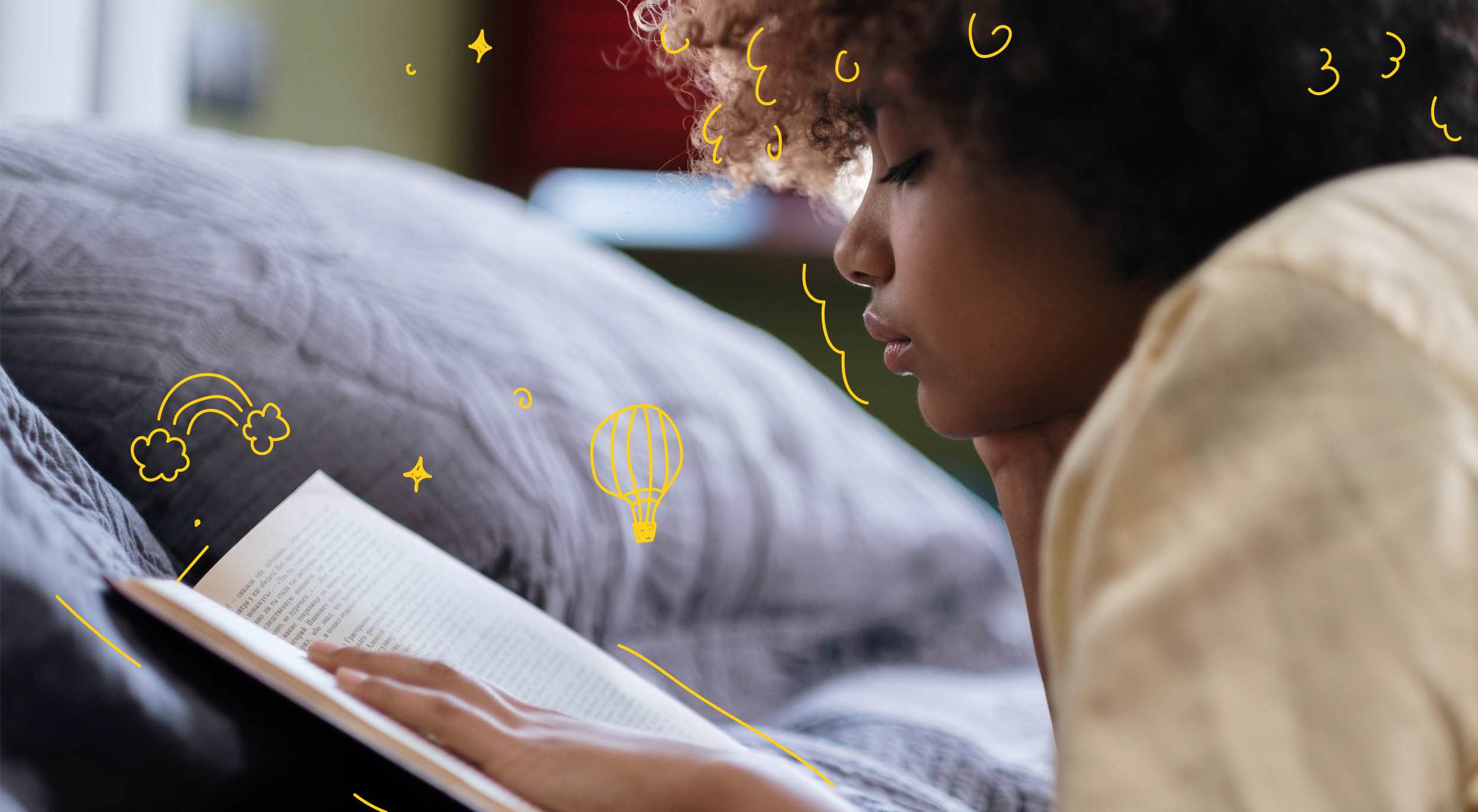
Self-love is something we often preach about, but what does it truly mean? It doesn’t have to be a massive act. You don’t have to take yourself on an expensive spa day (anyway, if you are anything like me, that would be your worst nightmare!).
Self-love means knowing your limits. Setting boundaries for yourself and sticking to them. If I am out of people power, I may spend the evening in my room, lights off, gravity blanket, galaxy lamp and music on. People my age may be out partying or seeing friends, but that’s okay.
It doesn’t make me any less of a person because I need to rest. I might wear my ear defenders on a busy train and I have never been on a night out. I don’t need to ‘fit in’. I can be happily myself, in my own world without hurting anyone else or letting them affect me.
If I am out of people power, I may spend the evening in my room, lights off, gravity blanket, galaxy lamp and music on.
True friends will accept you just the way you are
Be kind to yourself. That is the biggest takeaway from my journey to discovering that I am autistic. The journey to that point caused my mental health to spiral and led me to a very dark place.
This is sadly the case for many people who aren’t diagnosed until later in life. However, the message stands for all young people: You don’t need to be the prettiest, the cleverest, the fastest, the richest or the best. What you are is you.
Once I allowed myself to be autistic, I accepted that my brain does function differently to those who are ‘neurotypical’ and sometimes I need to do things in my own way. I allowed myself to begin recovery. Life isn’t a race; you don’t need to be perfect. There is no such thing as perfection anyway.
Once I allowed myself to be autistic, I accepted that my brain does function differently to those who are ‘neurotypical’ and sometimes I need to do things in my own way.
The people who matter will accept you just the way you are and those who don’t aren’t the people you want in your life. The key for me was to find my true authentic self. Not the person I thought other people wanted me to be. Not what looked best to the outside world, but actually who I am and what I love to do.
I’ve done a complete 360-degree turn from who I was as a teenager, but I am the happiest I have ever been and that is what counts.
More information and advice
We have tips and advice to help you find the support you need. Take a look at our guides.
Where to get help
However you're feeling, there are people who can help you if you are struggling. Here are some services that can support you.
-
Shout
Text SHOUT to 85258.
Shout provides free, 24/7 text support for young people across the UK experiencing a mental health crisis.
All texts are answered by trained volunteers, with support from experienced clinical supervisors.
Texts are free from EE, O2, Vodafone, 3, Virgin Mobile, BT Mobile, GiffGaff, Tesco Mobile and Telecom Plus.
Texts can be anonymous, but if the volunteer believes you are at immediate risk of harm, they may share your details with people who can provide support.
- Opening times:
- 24/7
